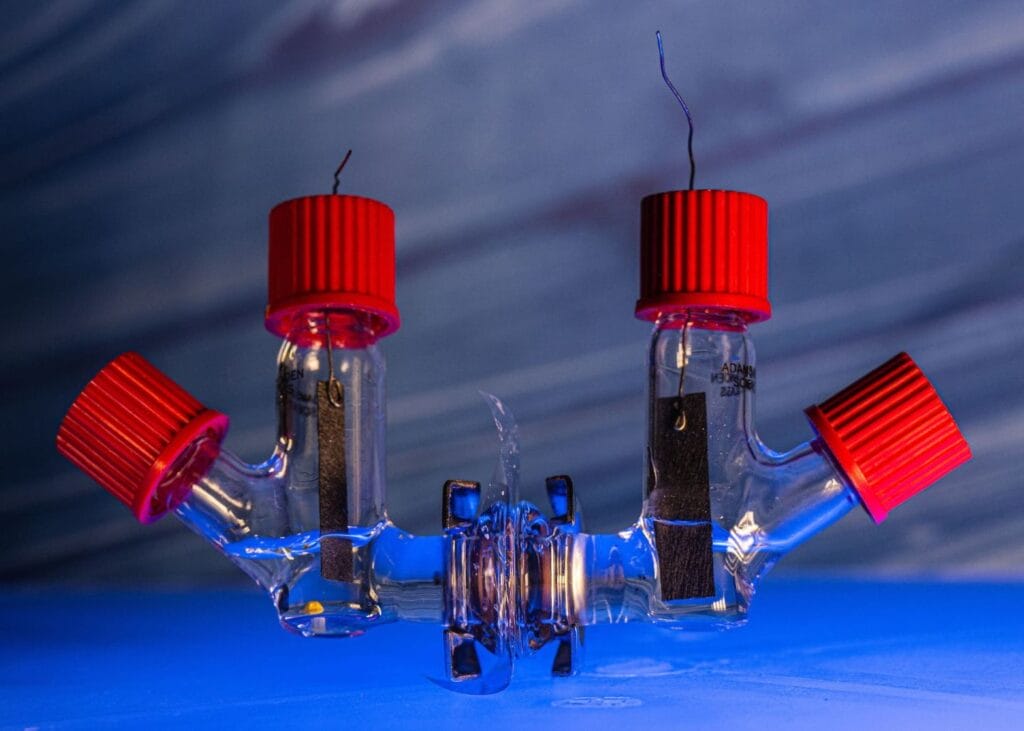
A monitoring system originally intended for insulin and people living with diabetes has been adjusted to be “universally applicable” for almost any drug whose dosing needs to be carefully controlled, researchers say.
Scientists adjusted a blood-glucose sensor to instead detect drug dosage levels for afimoxifene, a drug used as part of a chemotherapy regimen for breast cancer.
Breast cancer is the most common type of cancer among nursing home residents, studies show, and it unfortunately often leads to physical and cognitive decline even before any surgical intervention. Therefore, any improved treatment regimen could help limit the escalation of frailty in this cohort.
“Millions of people use blood-glucose monitors every day,” lead researcher Caroline Ajo-Franklin, PhD, said in a statement. “If we can use that same basic technology to monitor other drugs and biomarkers, we could move away from the one-size-fits-all dosing regimes that we’re stuck with today.”
The monitoring tech works by generating an electrical signal based on levels of a given protein within a blood sample.
The electrical signal could allow a future monitoring tool to transmit data to a user’s smartphone or an EHR portal, the researchers said.
If automated dosing systems for chemotherapy, or other drugs, could be developed, they could be made commercially available in short order, as similar tech is available at many drug stores for under $20, the investigators noted.
The research was conducted at Rice University and the study on the new monitoring applications recently was published in the journal Nature Communications.
One other recent study involving chemo patients found that the use of light and sound therapy could help fend off memory and cognitive damage caused by the drugs, the McKnight’s Tech Daily reported earlier this month.


